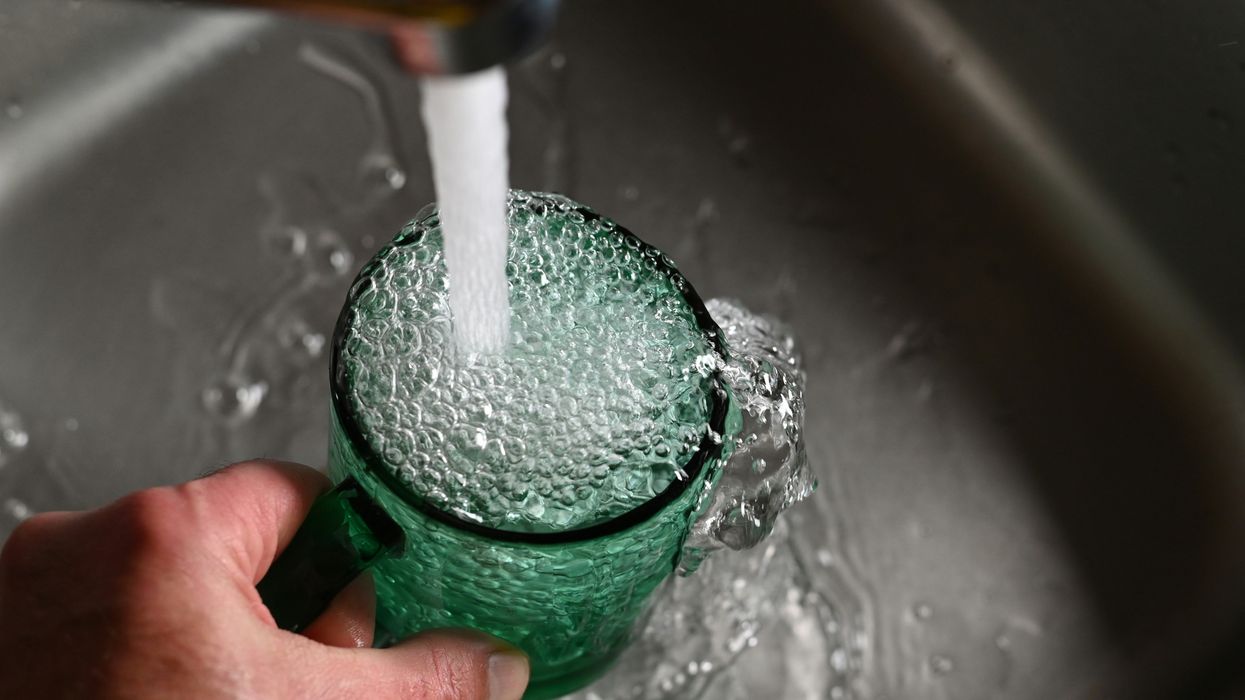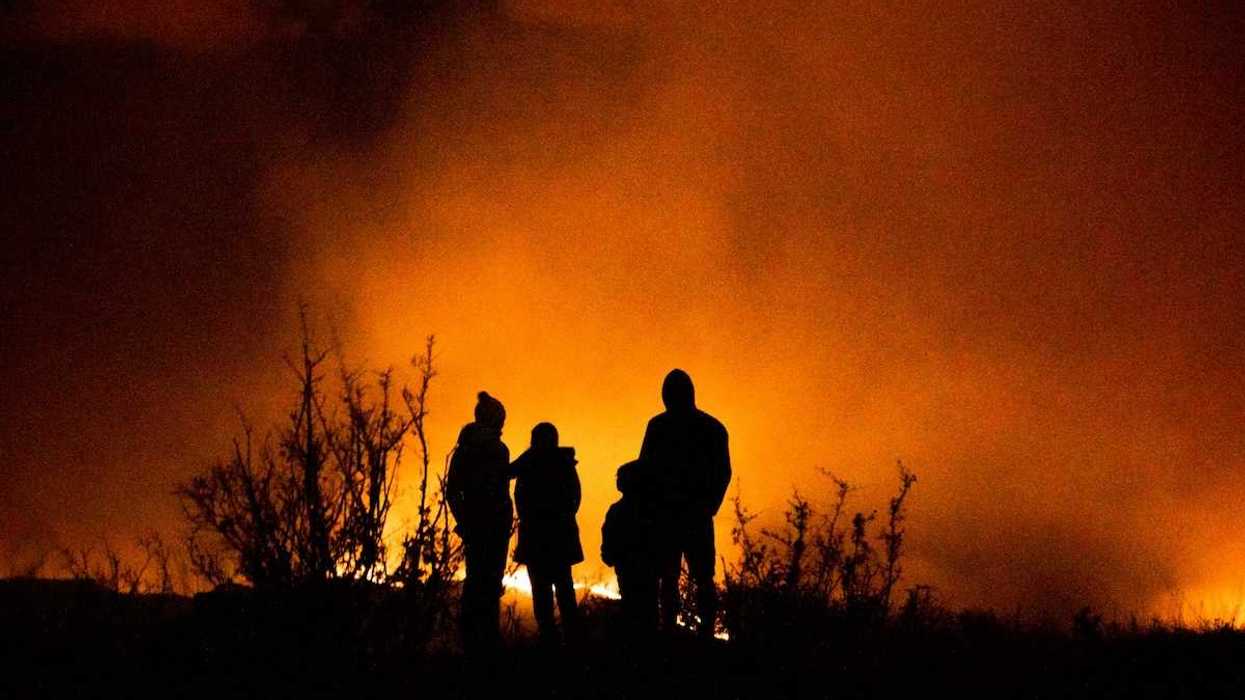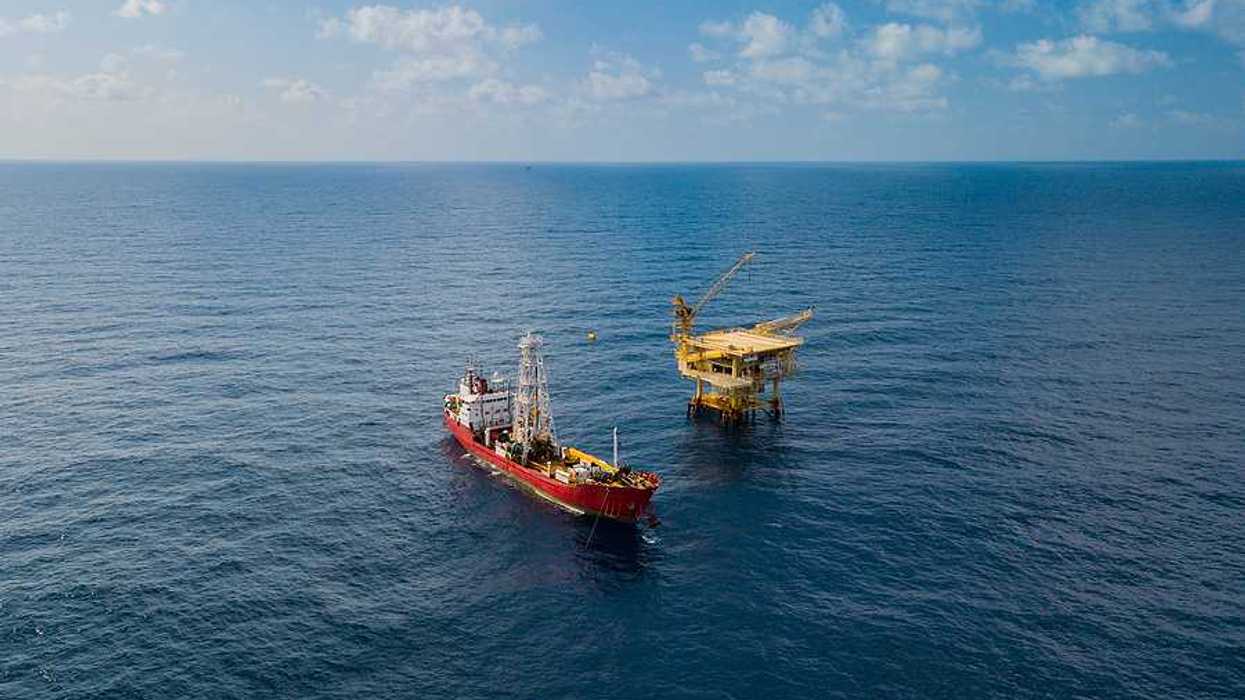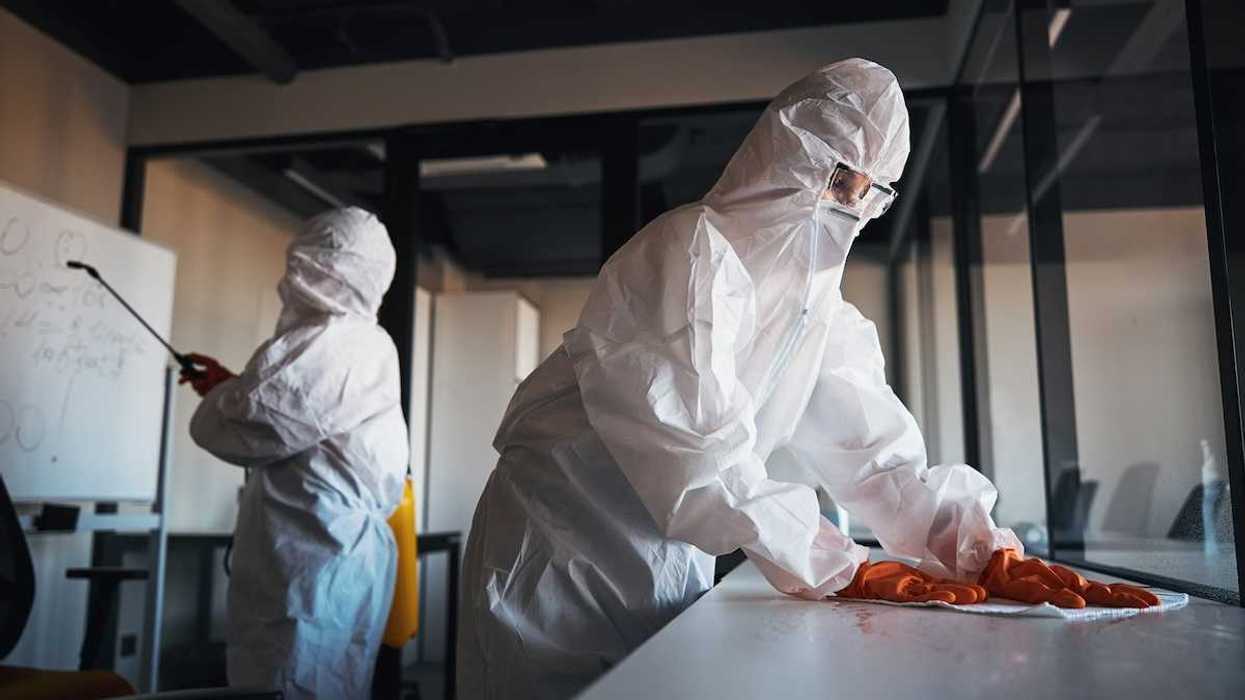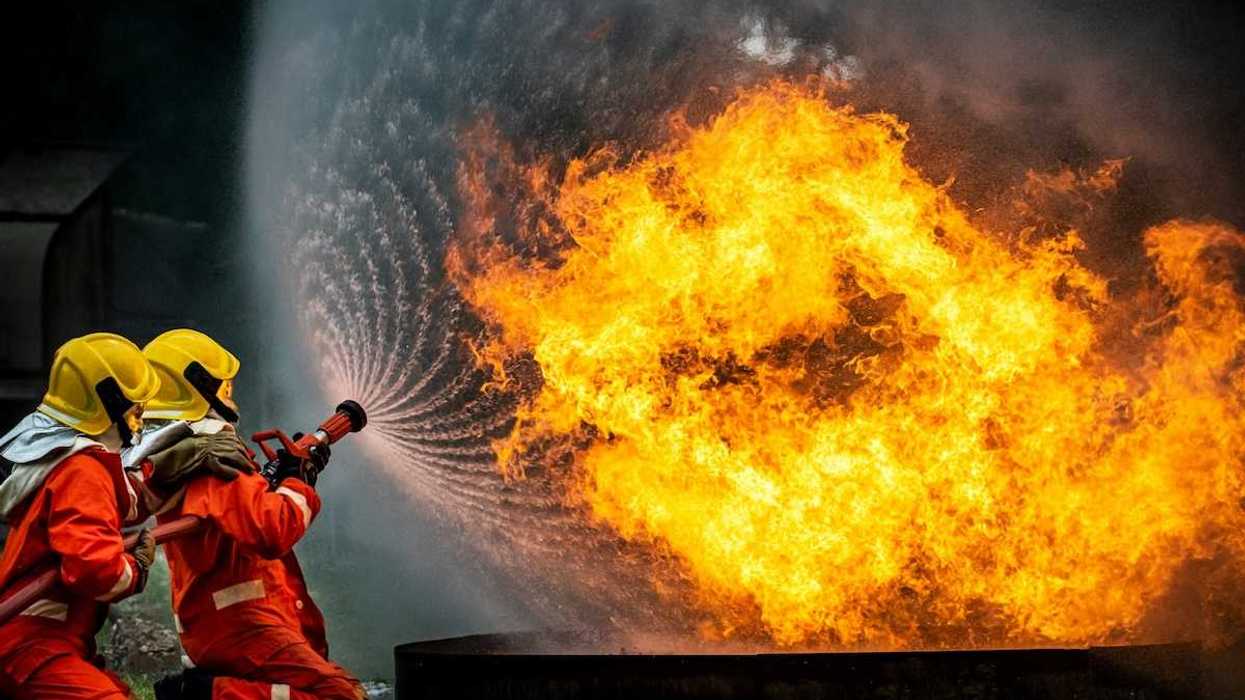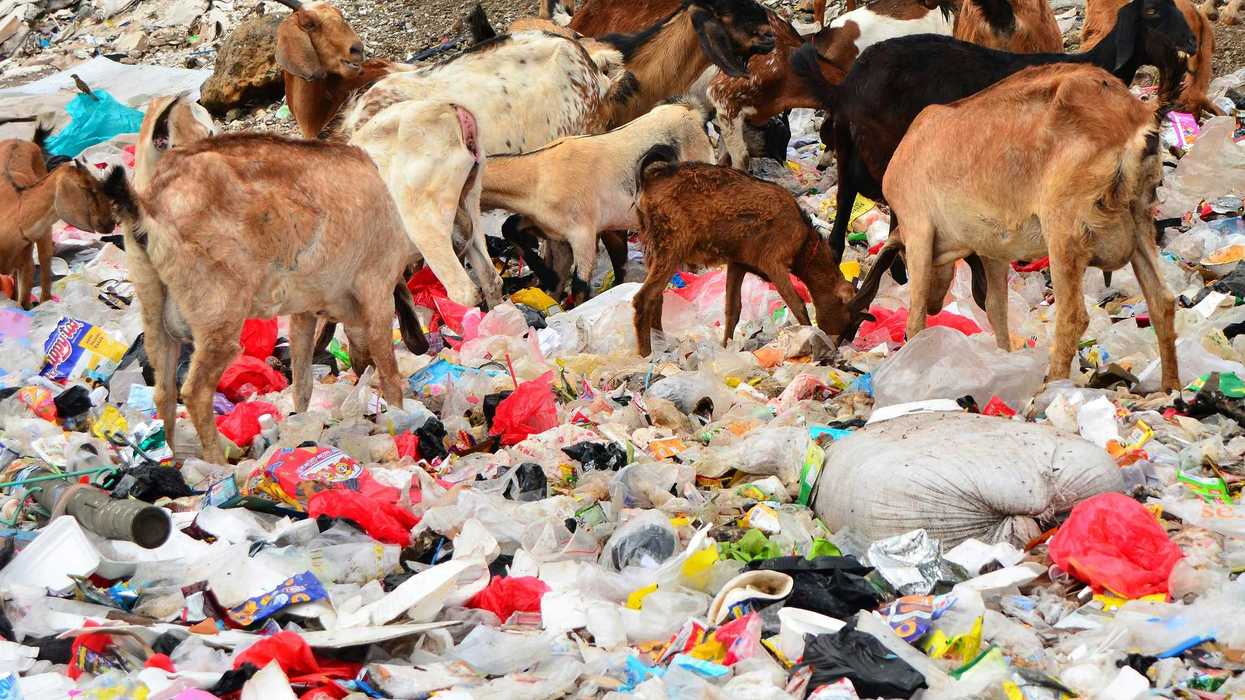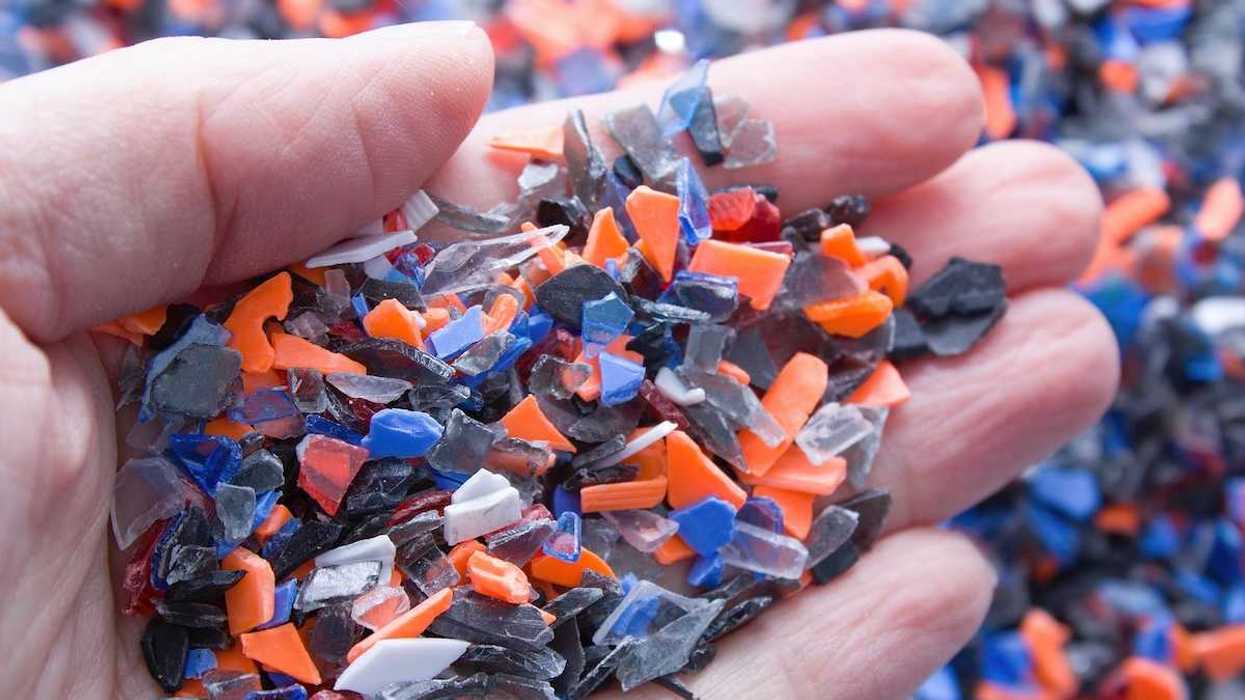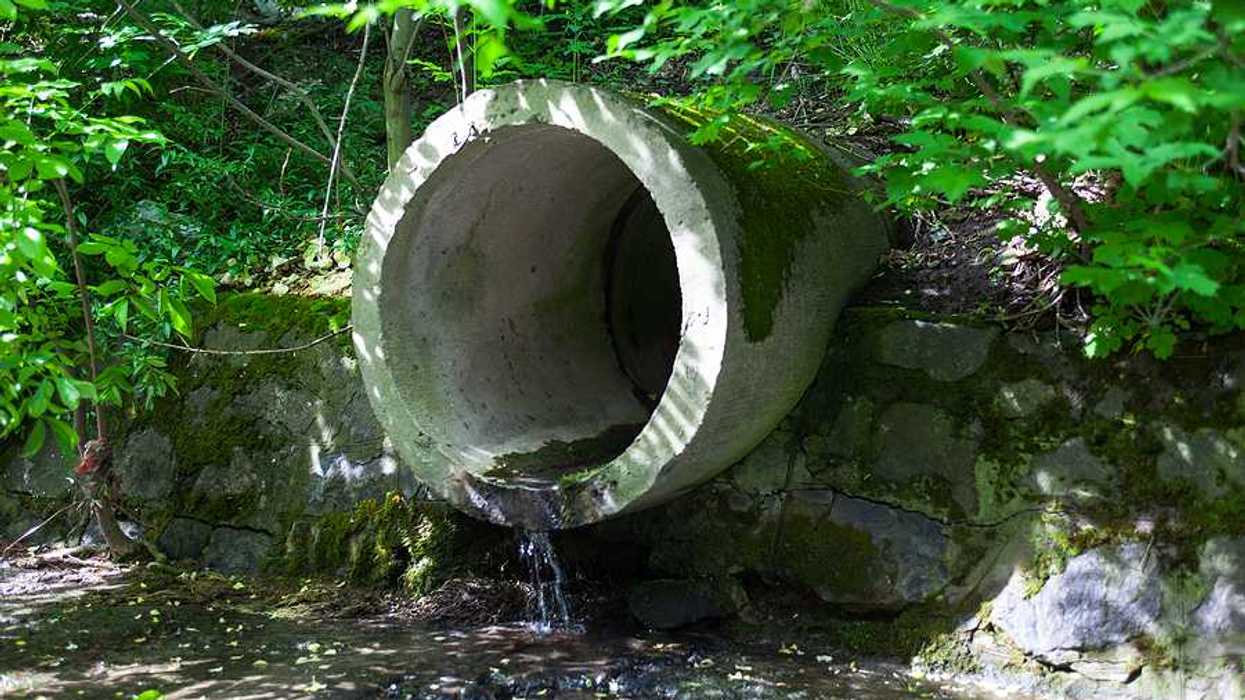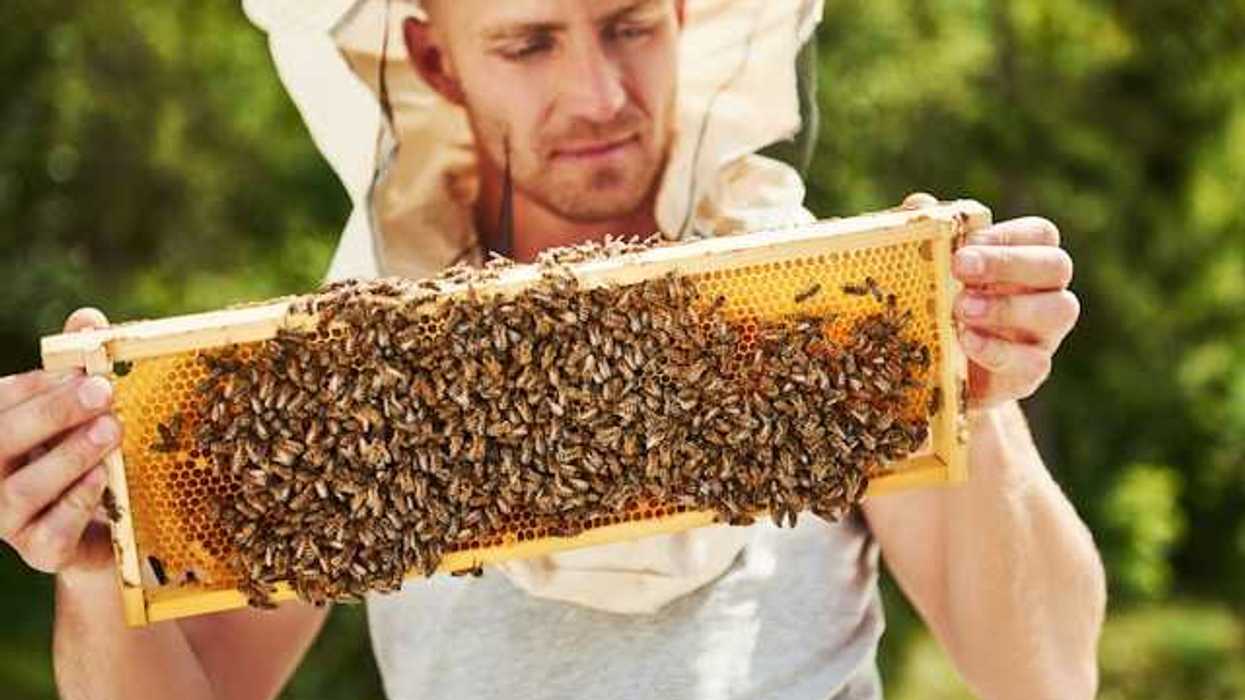A decade-long investigation into chemical contamination in Rastatt, Germany, has uncovered widespread pollution from PFAS, revealing significant health and environmental risks still unfolding today.
In short:
- PFAS chemicals were first discovered in Rastatt’s drinking water in 2012 during a routine inspection, but their presence dates back years and has since contaminated soil, crops, and human bodies.
- Authorities traced the contamination to compost spread on fields; the chemicals then leached into groundwater and entered the local water supply, triggering a public health warning, including advice for mothers to stop breastfeeding.
- Cleanup and investigation costs have already reached €40 million, with residents facing long-term exposure effects such as increased cancer risks, infertility, and weakened vaccine responses.
Why this matters:
PFAS, often called “forever chemicals,” don’t break down naturally and can linger in soil, water, and human tissue for decades. These substances are used in many consumer goods — from nonstick cookware to waterproof clothing — but once they enter the environment, they spread easily and accumulate. Even low levels of exposure have been linked to immune system suppression, hormonal disruption, developmental delays in children, and various cancers. The German case is not unique; similar contamination has been found in the U.S., Australia, and across Europe.
Read more: German town confronts toxic PFAS ‘forever chemicals’ in its drinking water

